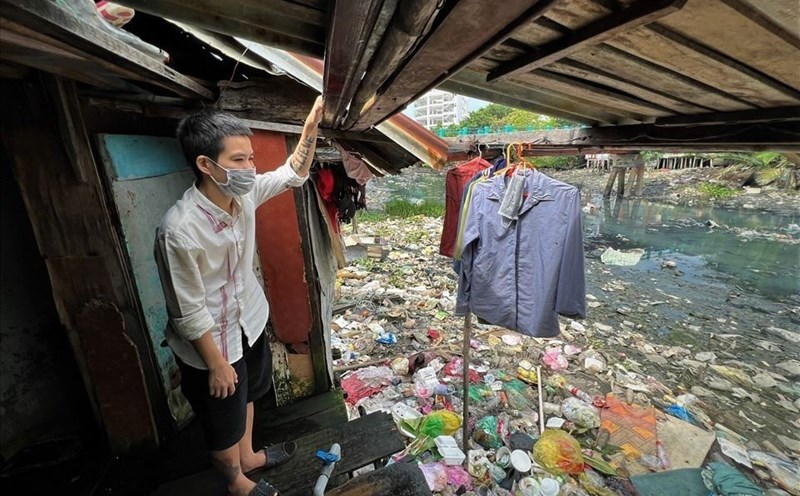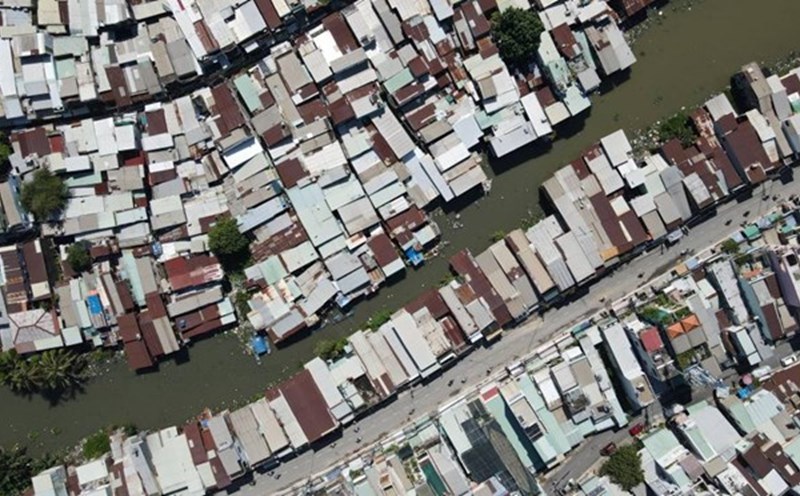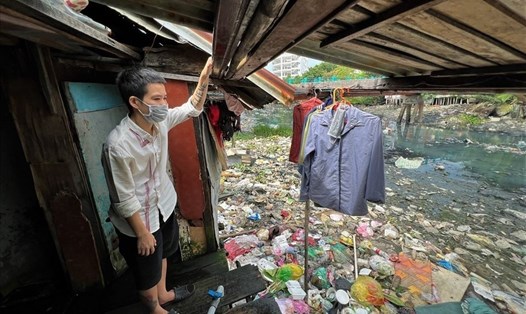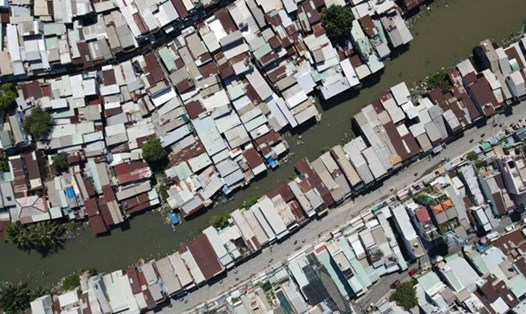According to the Department of Construction, Ho Chi Minh City currently has about 48,143 houses located on and along rivers, canals and streams. Of these, 9 projects have been and are being implemented, with 1,149 houses having been compensated and cleared and 243 others in the process of being cleared.
However, there are still about 46,453 houses that have not been relocated, and there is no compensation or resettlement support plan.
According to reports from districts and Thu Duc City, the need for social housing to resettle people living along canals is estimated at about 8,157 units, accounting for 17.6% of the total number of houses along canals that need to be relocated.
However, the Ho Chi Minh City Department of Construction believes that this figure is not entirely accurate. For example, in Binh Thanh District, 864/2,077 cases (41.6%) in the clearance area of Xuyen Tam Canal have a need for social housing. The project to dredge, build infrastructure and improve the environment of the North bank of Doi Canal (District 8) also recorded a need for social housing for 680/1,633 cases (41.64%).
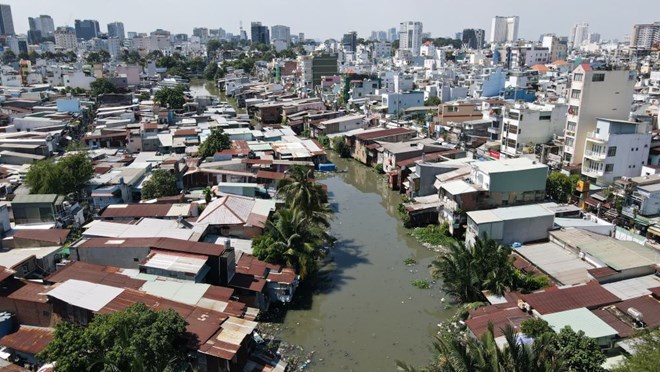
This shows that the demand for social housing for projects to relocate houses along rivers, canals and ditches in Ho Chi Minh City varies by location, with an average estimated rate of about 40%. However, due to the lack of sociological surveys, some districts have not been able to accurately predict the demand for social housing for resettlement.
To support relocation, Ho Chi Minh City plans to develop policies to support social housing for households living along canals when there are no investment projects for construction or renovation. According to the Law on Public Investment, for Group B and C projects, compensation is part of the investment and construction project. Therefore, if relocation is carried out without an investment and construction project, the Ho Chi Minh City People's Committee needs to seek opinions from competent authorities.
In cases where houses are illegally built or encroach on canal protection corridors, people will not be eligible for land compensation but may receive housing support under the 2024 Land Law.
However, not all cases are eligible for social housing under the Housing Law 2023. Only low-income households, poor or near-poor households in urban areas are eligible for this policy.
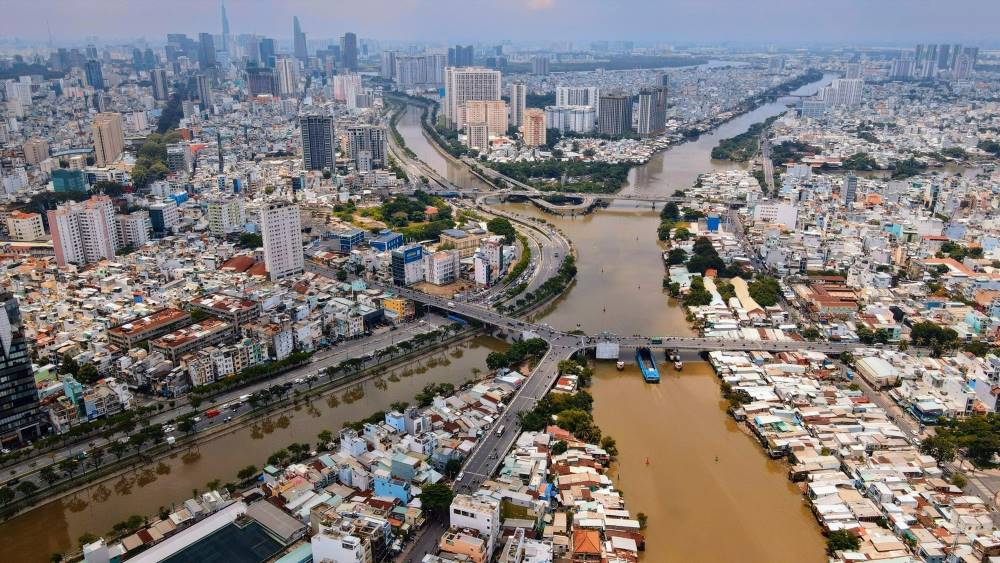
The Department of Construction proposed that the Ho Chi Minh City People's Committee approve the policy of developing a Project to implement the goal of relocating all houses along canals in Ho Chi Minh City, with three main contents:
Identify eligible resettlement cases: Including compensation costs and number of resettlement apartments to be prepared.
Social housing support for households not eligible for compensation: Provide the number of apartments and expected budget sources to build a social housing fund.
Estimated budget revenue: Calculate revenue from renting or leasing social housing and exploiting land fund after clearance.
The Department of Construction also proposed that the Ho Chi Minh City People's Committee assign the Department to coordinate with other departments, the City Development Research Institute, and the People's Committees of districts and Thu Duc City to develop this project.
The Institute for Urban Development Studies will preside over and coordinate with relevant units to conduct sociological surveys, collect statistics, and advise on compensation, support and resettlement policies for people living on and along canals.


